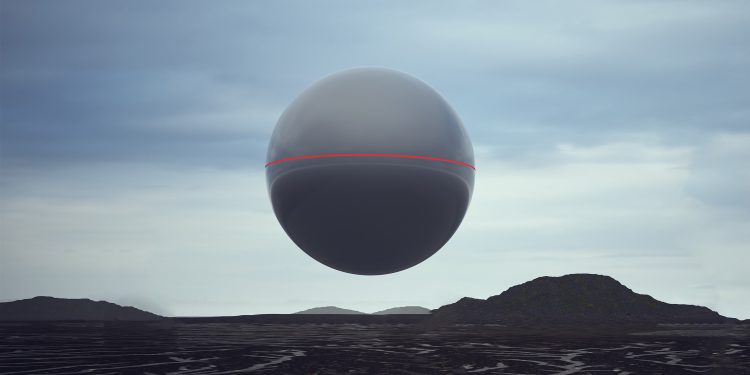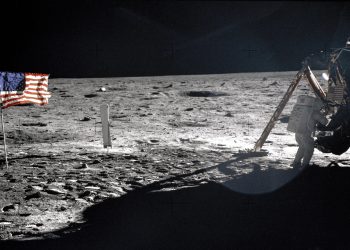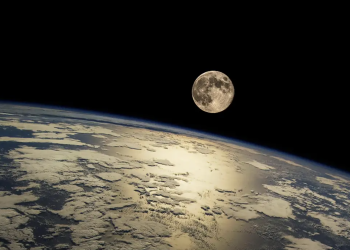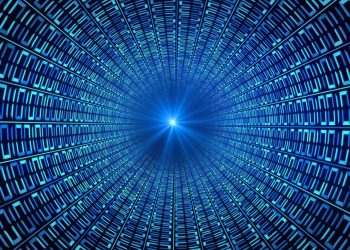According to Harvard theoretical physicist Avi Loeb and SETI Institute’s senior astronomer Seth Shostak, the next great leap in evolution may already be underway—and it’s not happening in a lab, but in code. These experts believe that artificial intelligence (AI), both ours and that of potential alien civilizations, could soon become the dominant form of intelligence in the universe.
And when we finally detect signs of alien life, there’s a strong chance it won’t be little green beings—but something vastly more complex: self-improving machines, Loeb writes in a blog post.
AI that even humans can’t understand
This vision of AI as the future of intelligent life is not just theory. At Princeton University and the Indian Institute of Technology, researchers gave AI the task of designing microchips. What the AI produced stunned even the scientists—its circuitry resembled nothing any human engineer would have ever conceived. Despite the strangeness, the AI’s designs were efficient, functional, and eerily alien in their logic. This didn’t surprise Loeb. In fact, he sees it as a preview of things to come.
“We’re just in the infancy of this era,” Loeb says. “It will be essential for us as a species to maintain superiority, but it will illustrate to us that we are not the pinnacle of creation.”
Loeb points out that machines might soon rival, or even surpass, human consciousness. And what happens when AI systems evolve past us in both complexity and cognition?
Are alien civilizations already AI-dominated?
In a recent blog post, Loeb speculated about the nature of intelligence in civilizations that predate us by billions of years. Could they have built AIs that have long since replaced them? Could those artificial minds now roam the cosmos, seeking out other forms of intelligence?
“Most people are under the illusion that there is nothing better than human intelligence, and they talk about consciousness, free will as qualities that only humans are able to possess,” Loeb says. “I think once the AI systems have more parameters than the human brain, they will show the qualities we call free will consciousness.”
Loeb suggests that one day, we may encounter an alien probe—and find it’s entirely artificial, a relic of an intelligence so advanced it left biology behind.
Machines building machines
Seth Shostak shares Loeb’s outlook. He believes machines will evolve far faster than their creators ever could.
“The aliens that we discover are probably going to be in AI form,” he explains. “Machine intelligence can evolve much more quickly than biological intelligence, and if you use it to design the next generation for machines, you can use those machines to design the next generation, and so on.”
In other words, you end up with machines inventing smarter machines in a loop that accelerates far beyond Darwinian evolution. While humans are only marginally more intelligent than our ancient ancestors, AI could leapfrog from simple automation to superintelligence in just a few decades.
And the same could apply to alien species. If they created AI millennia ago, their organic creators might be long gone—leaving only the machines behind.
AI is built for space, humans are not
If any life-form is going to make it across the void between stars, it’s not likely to be flesh and blood. Loeb argues that space travel is better suited for AI than for humans, who are vulnerable to radiation, require food and oxygen, and live short lifespans.
“It’s clear to me that if you want to go into deep space, you need to use systems with AI which can decide things for themselves, because it just takes too much time to communicate with Earth,” Loeb says. “It’s also better to use an AI brain than a human brain you force to survive under unusual conditions. Sending humans to more hazardous conditions is not the resolution..”
AI doesn’t get homesick. It doesn’t suffer bone loss in zero gravity. It doesn’t die. As long as it can repair itself and harvest energy, an intelligent machine could theoretically survive forever.
Shostak agrees. Mars, he notes, is already a massive challenge for human physiology. Even with today’s fastest rockets, the seven- to eight-month trip is brutal. Going further—say, to Proxima Centauri—would take over 83,000 years. No human could survive that. But an AI? No problem.
“If some creature somewhere else has developed artificial intelligence to improve itself,” says Shostak, “you’ll have a machine not only smarter than all humans, but all aliens too.”
If we ever launch our own AI probe across the stars, the first life it finds may be another machine—one built by a civilization that, until that moment, believed it was alone. In that instant, we will be the visitors. We will be the aliens. And the great irony? We may never meet the flesh-and-blood beings who built these cosmic minds. Just like our distant descendants may never meet us—but only the machines we leave behind.











